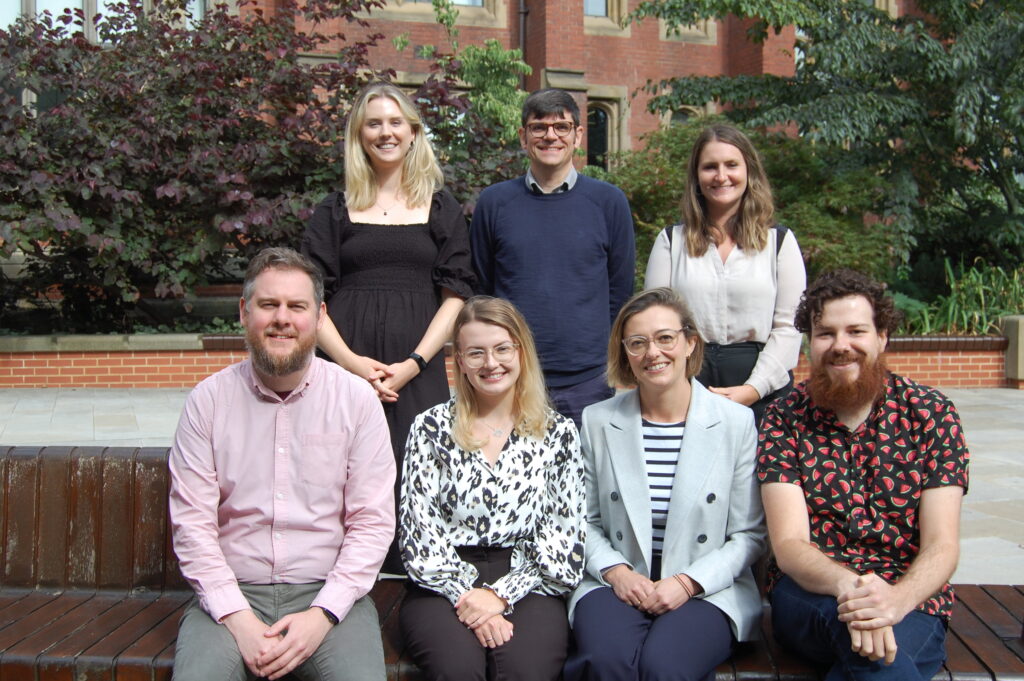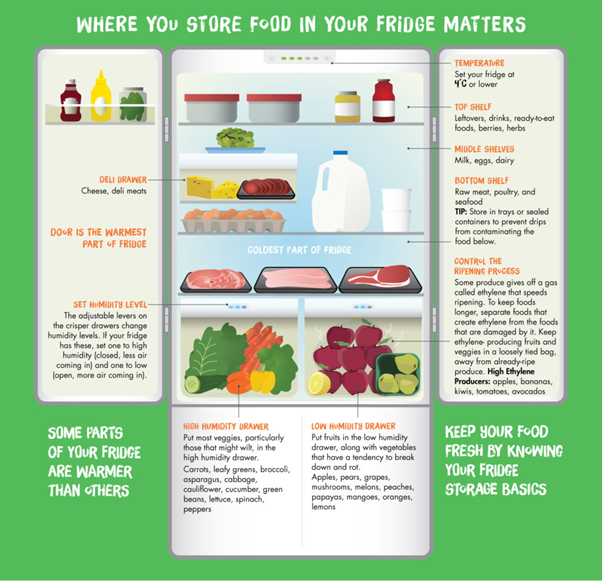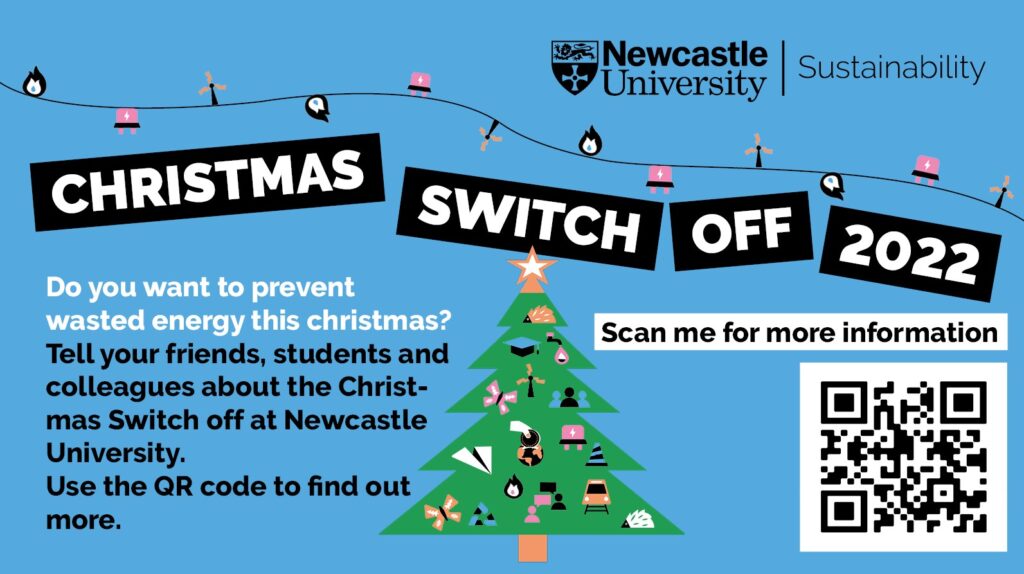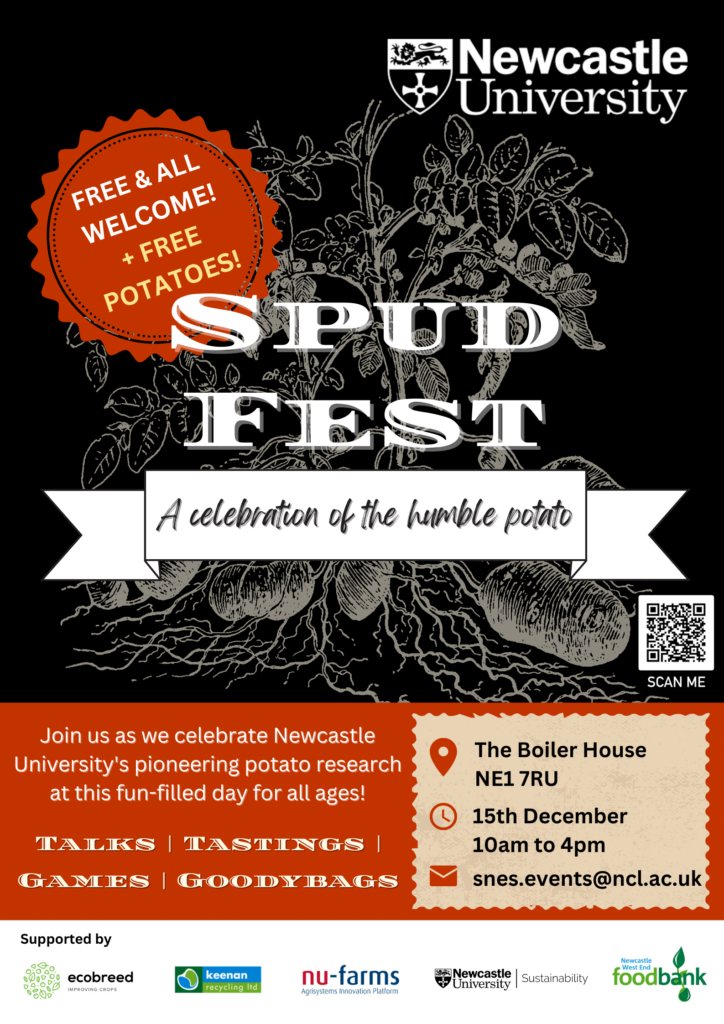Christmas is a time when a large amount of consumption, and often over-consumption, takes place.
This post is an introduction to some ideas and tips that could help to reduce the negative impacts that holidays, such as Christmas, can create on the environment.
We would like to think that these ideas are creative and fun, that you can involve friends and family, and if you are a parent, why not turn these into activities that you can do with your kids together?
Gift ideas:
Are you struggling to choose gifts for people which aren’t generic gifts that you aren’t even sure they would like? Here are some alternative options that will provide memories or meaning to the people you are giving them too.
- Gift an experience such as: ziplining, an art workshop, or drink tasting.
- Adopt an endangered animal for your friend or loved one that they can receive updates about.
- Shop locally with independent businesses for more original gifts such as personalised posters or bookmarks
- You could make your own presents by baking, sewing, painting, performing etc.
- Donate to a charity on their behalf, choose something they are passionate about

Christmas practices and traditions:
Here are some swaps we can make on Christmas Day, and in the run up, that will help to reduce waste.
- If you would like an advent calendar, why not invest in a reusable calendar that you add treats to, instead of buying a plastic one from the supermarket.
- By skipping the Christmas crackers at lunch, or making your own, with paper (or other recyclable materials) , and with useful eco-friendly gifts inside, we can cut down on plastic that has little use.
- Reuse the clothes in your wardrobe: Try to avoid buying a new outfit for Christmas if you can. Instead have fun shopping your own, your family or friends’ wardrobes (with their permission, of course).
- If you would like a Christmas jumper, instead of buying a brand new one, you could knit one or check out some local charity shops.
“two out of five Christmas jumpers only being worn once over the festive period”
HuBBUB
Decorations and present wrapping:
While decorations can last for many years, they can get broken, or you may be tempted to buy new ones. Here are some tips for decorations and wrapping that you can use this Christmas and in future years.
- Think about your Christmas tree lights: If you need to buy new ones, make sure to recycle your broken ones at a recycling facility. Also, when buying new ones, opt for LED as they use less energy.
- Why not send e-cards instead of paper cards. They can be personalised with family pictures for an extra special touch.
- Keep a bag of ribbons, gift bags and labels from other occasions that could be re-used for the next Christmas or birthdays in the future.
- Don’t throw away a plastic tree that you already own. They can be re-used for many years, and this will help to reduce plastic waste and save you some money.
- Use natural decorations such as pressed dried flowers and brown paper, instead of wrapping paper that cannot be recycled, to give presents a festive touch.
- We can also use fabric for wrapping by tying knots in fabrics such as vintage scarfs, which are re-used.
Food practices and food waste:
Food is a large contributor to waste, which is heightened around Christmas, however by adjusting our buying practices we can cut down on some of it. It is also worth noting that by adjusting what we consume we can reduce our carbon footprint.
- We can incorporate more plant-based and vegetarian meals into our holiday schedules.
- When buying ingredients for your Christmas meals, why not try shopping at markets for loose vegetables, nuts and dried fruits using a reusable bag, instead of pre-packaged vegetables from a supermarket?
- Try not to over buy, think about what you are able to consume based on who will be attending your meals and plan around this to reduce food waste.
- If you grow your own vegetables, use as many of these as possible for you Christmas meals instead of buying produce that may have been imported.
- Utilise your freezer: Freeze food that was leftover or due to go off, it makes great January lunches at work.
Recipes that use leftover Christmas food to reduce food waste:
Here are some recipes we found online that focus on reusing various ingredients that you may have left over from a Christmas meal, but can reuse in the days after Christmas.
- Brussels sprout slaw recipe | BBC Good Food
- Christmas leftovers pizza recipe | BBC Good Food
- Refried roasties recipe | BBC Good Food
- Cheeseboard macaroni cheese recipe | BBC Good Food
Thank you very much for reading our blog this year, we hope you have a wonderful festive break and we look forward to writing more posts for you in the new year!
Best wishes,
The Sustainability Team





